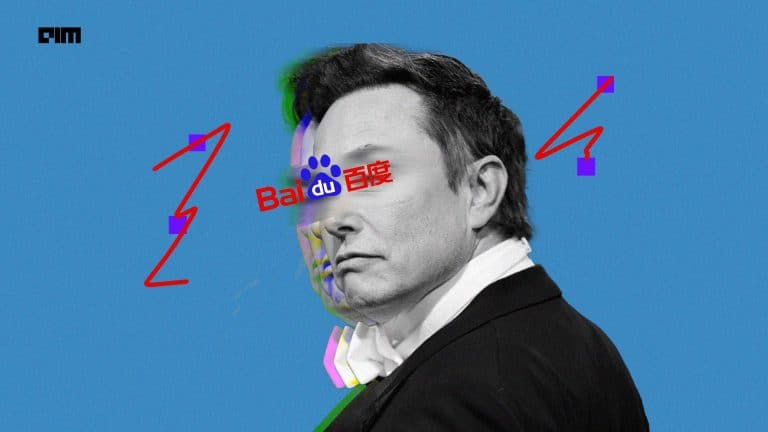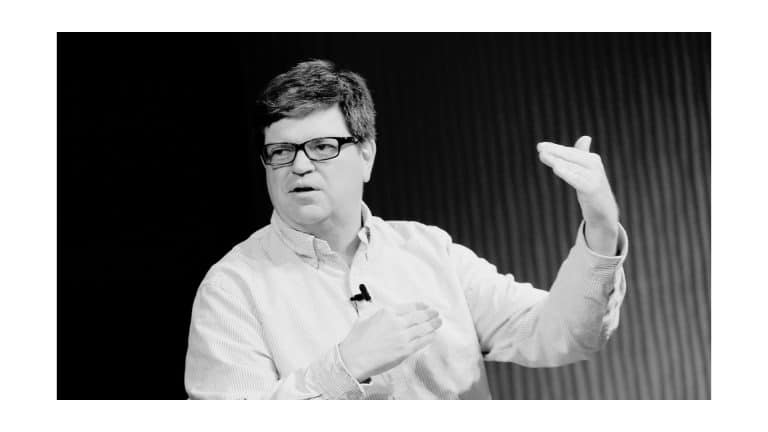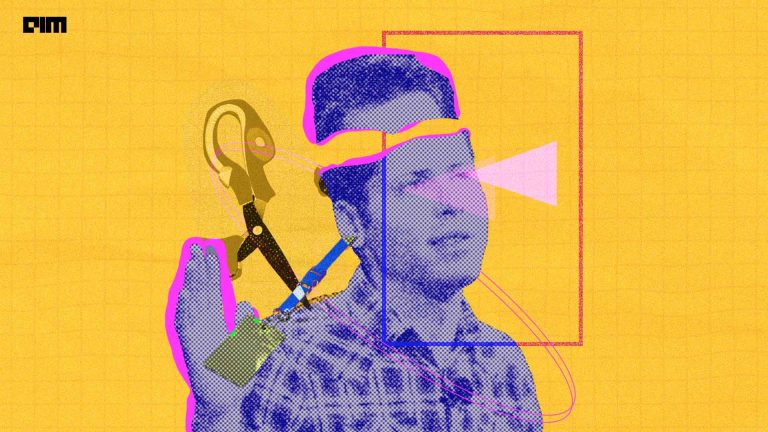|
Listen to this story
|
During a tech conference in Paris this week, French President Emmanuel Macron announced not just a 500 million euro ($540 million) investment, but with it an aim to ensure competitiveness of its AI ecosystem. It looks like France is bearing the fruit of its futuristic planning, policy framing and strategic alignment around the industry. This comes in the backdrop of a young AI startup—Mistral AI receiving a seed funding of a jaw-dropping $113 million.
The AI race is no longer limited to the big techs and the US and China, and is open to all the nations and the open-source community at large. France looks determined to establish itself as a technology and AI superpower. It aims to leverage its assets to foster innovation and development in AI. Even countries like Abu Dhabi and Saudi Arabia are heavily investing in AI.
While the US has been a clear leader for decades, with researchers, academics and tech companies headquartered in the US, China has also rapidly ramped up its research output and investment. Additionally, nations like the UK, Canada, and Japan have also made strides. Europe seems to be lagging behind, while Germany and France have toiled their way up.
France vs the World
France has been one of the hubs of artificial intelligence research for many years. It has a strong tradition of research in mathematics, computer science, and statistics, which has provided a foundation for AI research.
France’s AI strategy led to a number of major developments in the country’s AI ecosystem. It fostered the creation of many new AI research centres and institutes such as the 3IA institutes and the Inria Paris-Saclay Center for Artificial Intelligence. Numerous AI startups such as Criteo, Dataiku, and Owkin also came into being. Additionally, it also drew investment from large multinational companies such as Air France, Renault, and Total for research and development AI.
France also boasts of prominent AI researchers and entrepreneurs, including Meta AI chief Yann LeCun, Keras creator François Chollet, Google AI director Sylvain Gelly, Dataiku chief Nicolas Usunier, former Apple exec Luc Julia, and Hugging Face’s co-founder Clem Delangue.
In recent years, the French government has also made AI a priority, and has invested heavily in AI research and development. In 2018, the country launched a €1.5 billion national AI strategy, which aims to make France a global leader in AI. The strategy includes funding for research, education, and the development of AI applications.
Paving a way for sustainability
Another thing that France can bank upon is its reliance on nuclear power plants for about 70% of the energy used in France is generated by nuclear power plants. Years of research and funding have made nuclear power generation technology adaptable for smaller industrial applications such as data centres. This has paved the way for utilising nuclear energy to power AI data centers, which have substantial energy requirements and can contribute to environmental pollution.
This makes France a very attractive location for data centres, as it can offer a reliable and affordable source of power. Nuclear power can also help AI data centers reduce their carbon footprint and operate in a more sustainable manner.
Open source advocate
The French President, during the event in Paris, made a speech that sparked an intriguing debate on AI. He advocated for a balanced approach to regulation that addresses potential risks without stifling innovation and competition at various levels of the AI stack. He, however, emphasised on the significance of preventing all the value and power from accumulating solely in the hands of major American AI companies and ensuring that new French companies can participate and build upon open source AI systems. Macron envisioned a future where both proprietary and open-source systems coexist, highlighting the advantages and disadvantages of each.
France has been one of the biggest contributors to the open-source ecosystem. Meta’s open-source large language model LLaMA was developed and deployed by researchers from Paris.
Not just that Hugging Face — a platform that actively engages with the open-source community and plays a significant role in fostering collaboration and knowledge sharing within the field of NLPs — has its roots in Paris as well. The firm is headquartered in New York but its research team is based in Paris. Hugging Face also has a number of partnerships with French universities and research institutions.
Also the new generative AI superstar in town Mistral AI is based in Paris. The co-founders Arthus Mensch and Guillaume Lample are French nationals and have worked at DeepMind and Meta AI, respectively. Lample is one of the core members of the team behind Meta AI’s LLaMa model, which has been leading the way in open-source. The duo also emphasises an open-source approach, and are aiming to build solutions for enterprises rather than consumer-centric products. They believe that making AI useful is a major challenge and intend to release their products to the market in 2024.
LeCun is also an advocate for open source software, and co-founded PyTorch, a popular open-source deep learning library widely used by researchers, developers, and businesses worldwide. He also believes open source plays a vital role in advancing artificial intelligence.
What about India?
As the world steps into an era of hands-on AI innovation, India is still languishing in theory. “When it comes to theoretical work, we are as good as anyone… But the latest advances have gone beyond theory. The gap has further widened which we need to bridge,” Prof Amrutur Bharadwaj, research head and director, ARTPARK, told AIM.
India’s top universities like IISc rank amongst one of the lowest at 161 on Nature’s index for high quality research. India can learn from France’s futuristic vision to invest in establishing a research-oriented ecosystem focused on AI to drive growth.



















































































